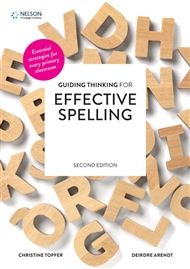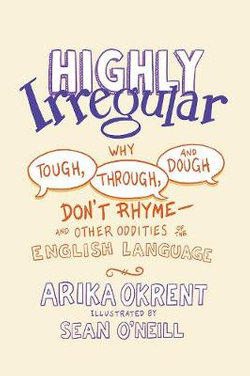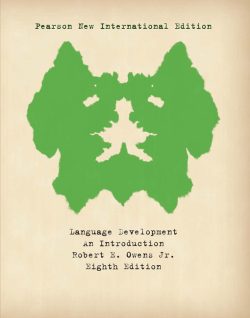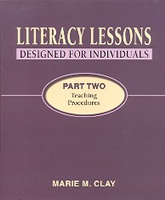10 Things Every Writer Needs To ...
$48.95ISBN – 9781571108104
Showing 1–20 of 66 results






English spelling has an undeserved reputation as unreliable and riddled with frustrating quirks. In the pages of this book, you’ll find stories, examples, and explanations that will reorient your perspective and reveal the integrated system that makes sense of the spelling of English words.
This book will answer questions like these:
– Why is there a W in answer and an L in talk?
– What’s going on with words like move and comfortable?
– Why isn’t hasten spelled like basin or mason?
These spellings make sense once we are aware of all that’s conveyed by a written word—information about so much more than just its pronunciation. This book will introduce the structural (morphological) framework that is present in every English word, reveal the signals of relationships that are embedded in our most interesting spellings, and provide enlightening evidence to support a reevaluation of some traditional spelling rules.
The compelling explanations of English spelling contained in this book allow all of us to understand and reconstruct many spellings, rather than memorizing them, while expanding vocabulary and deepening reading comprehension. This is particularly important for those with dyslexia.
Set aside what you know about spelling for the moment, and take a journey below the surface of words. Together, we’ll uncover the surprising coherence, depth, and clarity of the English writing system.






Maybe you’ve been speaking English all your life, or maybe you learned it later on. But whether you use it just well enough to get your daily business done, or you’re an expert with a red pen who never omits a comma or misplaces a modifier, you must have noticed that there are some things about this language that are just weird.
Perhaps you’re reading a book and stop to puzzle over absurd spelling rules (Why are there so many ways to say ‘-gh’?), or you hear someone talking and get stuck on an expression (Why do we say “How dare you” but not “How try you”?), or your kid quizzes you on homework (Why is it “eleven and twelve” instead of “oneteen and twoteen”?). Suddenly you ask yourself, “Wait, why do we do it this way?” You think about it, try to explain it, and keep running into walls. It doesn’t conform to logic. It doesn’t work the way you’d expect it to. There doesn’t seem to be any rule at all.
There might not be a logical explanation, but there will be an explanation, and this book is here to help.
In Highly Irregular, Arika Okrent answers these questions and many more. Along the way she tells the story of the many influences–from invading French armies to stubborn Flemish printers–that made our language the way it is today. Both an entertaining send-up of linguistic oddities and a deeply researched history of English, Highly Irregular is essential reading for anyone who has paused to wonder about our marvelous mess of a language.







